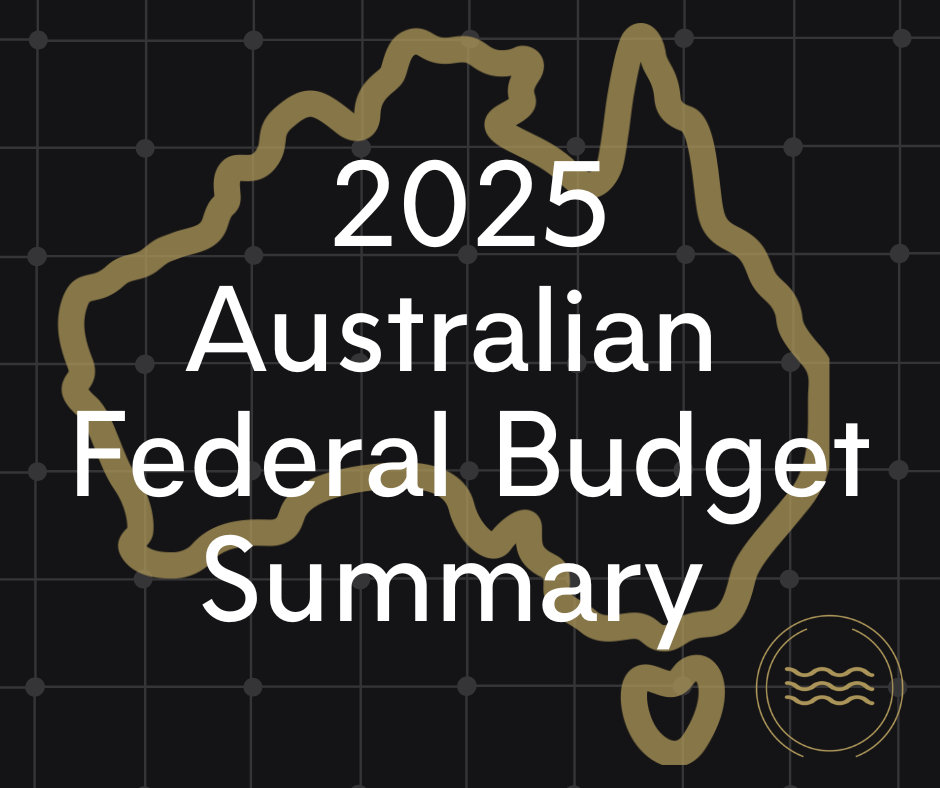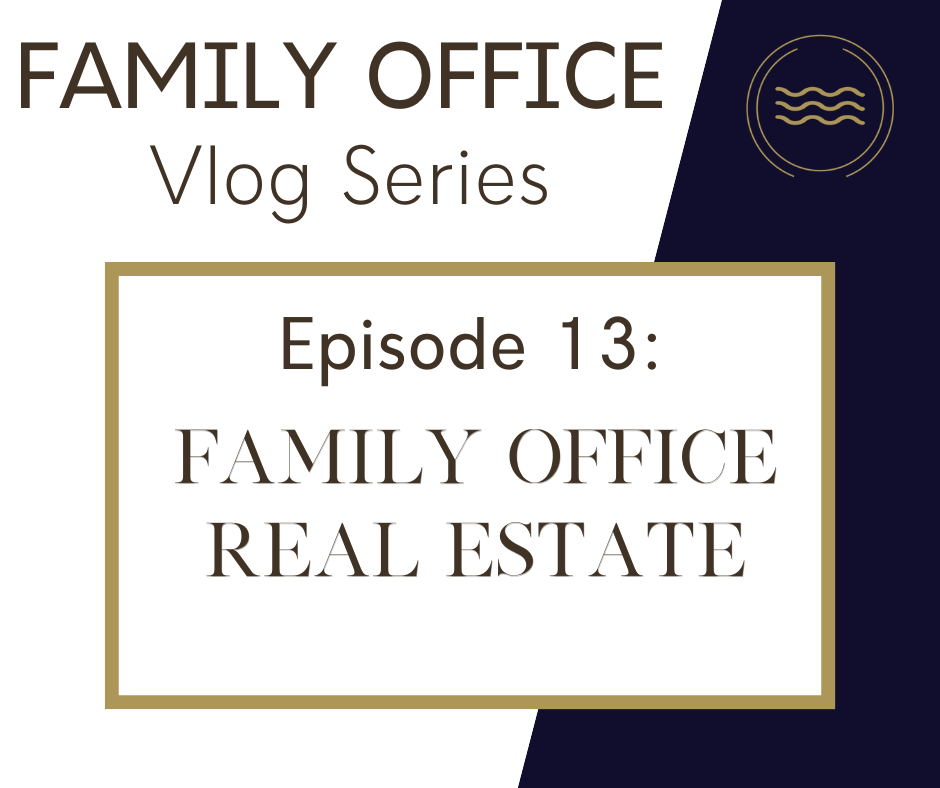
Capital Gains and Non-resident Beneficiaries – Trustee deemed assessable: Greensill confirms the ATO’s position
Capital gains and non-resident beneficiaries – trustee deemed assessable: Greensill confirms the ATO’s position
This week’s Federal Court decision in Peter Greensill Family Co Pty Ltd (trustee) v Commissioner of Taxation [2020] FCA 559 , has essentially confirmed the ATO’s controversial position in draft Taxation Determination TD 2019/D6 – that the distribution of almost $60 million in capital gains of an Australian resident discretionary trust, derived from the disposal of shares which were non “taxable Australian property” (TAP), to a non-resident beneficiary were deemed to be capital gains of the beneficiary, and assessable to the trustee.
This is a result based on strict statutory interpretation which seems unreasonable when considering that such an assessment would not have arisen if the shares had been held by the beneficiary directly, or by the trustee of an Australian resident fixed trust, or a foreign trust.
In our whitepaper “Structuring cross-border transactions: part 1” published in the April 2020 Taxation in Australia journal we discussed the disconnect between the policy intent with respect to non-resident beneficiaries and the interpretation of the relevant legislative provisions accorded in TD 2019/D6. The decision in Greensill clearly illustrates the adverse tax consequences of this disconnect for non-resident beneficiaries of Australian discretionary trusts and the need for legislative change to remedy this position. In the absence of such change Australian entrepreneurs who are beneficiaries of discretionary trusts should review their position prior to a change of residency, or should seek alternative options for structuring non-TAP assets. For a US-based beneficiary of an Australian discretionary trust, it could mean the difference between a global effective tax rate of 37.1% or 62.1% (assuming the allowance of an foreign tax credit in the US). We discuss these numbers and alternative structures in “Structuring cross-border transactions: part 2” (to be published in the May 2020 Taxation in Australia journal).
In the meantime, what we have is a clear judicial recognition of the disconnect and an adherence to strict statutory interpretation.
The relevant facts in Greensill were: Alexander Greensill (a UK resident who was not an Australian tax resident) was a beneficiary of an Australian resident discretionary trust (The Peter Greensill Family Trust) which derived capital gains from the sale of shares in an Australian company which held shares in Australian and UK companies which were non TAP assets (TAP generally being direct or indirect interests in, or rights to, Australian real estate). Mr Greensill argued that the capital gains could be disregarded pursuant to section 855-10 of the Income Tax Assessment Act (ITAA) 1997, which provides for capital gains (or capital losses) from a capital gains tax (CGT) event to be disregarded by foreign residents or foreign trusts, or if the CGT event happened in relation to an asset that is not TAP.
Thawley J rejected this argument, concluding that section 855-10(1) does not apply to disregard the capital gains of a resident trust estate, or the amount which is the product of any calculation made under Subdiv 115-C. The amount calculated under s 115-220 is added to the trustee’s assessment under s 98 of the ITAA 1936 – this amount is not a capital gain as such to which s 855-10(1) could apply, but rather an amount which is calculated by reference to CGT events which occurred in respect of CGT assets of a trust. His Honour stated further, that: “…a danger to be avoided in construing a statute is making an a priori assumption about a statute’s purpose and construing the statute to coincide with the assumption. The correct process is the inverse: the purpose is to be derived from what the legislation says, not from an assumption about the desired or desirable operation of the provisions…”
Legislative change is clearly required.
If you have any questions, please contact:
Renuka Somers
Senior Tax Advisor
U.S. Australia Tax Desk




